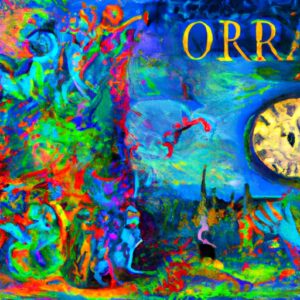Ciao is probably the most famous Italian word outside of Italy. It has spread so much that many other languages have adopted it as a form of greeting.
But what’s the original meaning of ciao? Here’s how this word originated and how you should use it when speaking with Italians.
The original meaning of ciao
The word “ciao” comes from the Venetian expression “s-ciào vostro,” which literally means “I am your slave“.
Originally, this phrase was an informal way of expressing goodwill towards another person (much like “at your service” in English). Later on, it was reduced to ciào and lost its original meaning, becoming a common way to greet one another.
Finally, after the unification of Italy, the word ciào spread throughout Northern Italy and, later, across the nation.
Is ciao “hello” or “goodbye”?
Nowadays, ciao is the most common way of saying hi in Italian. It is not a servile expression anymore and is considered a synonym of both “hello” and ”goodbye”.
That’s right: it can be used both when you meet and when you part from someone. However, although it is a very versatile word, there are situations in which you should avoid it.
Common mistakes
Ciao is probably the most common greeting among friends in Italy. However, it’s an informal word, and sometimes it’s better to opt for something else.
One of the most common mistakes made by non-native speakers is to use ciao when they don’t know the person they are talking to.
If you do it, you can sound very unpolite.
You can say ciao when you are speaking to friends, relatives, people of your age, or children. Otherwise, it’s better to use alternatives like salve, buongiorno, buonasera or, if you’re leaving, arrivederci.
E.g.: you’ve partied all night with your friends and want to say bye in Italian? You can use ciao. You’re writing an email to your Italian boss or waiting to be served at a restaurant? You might want to say buongiorno.
If you don’t know what to do, check our list of Italian greetings and how to say goodbye in Italian.
You’ll find a word for every situation.



















